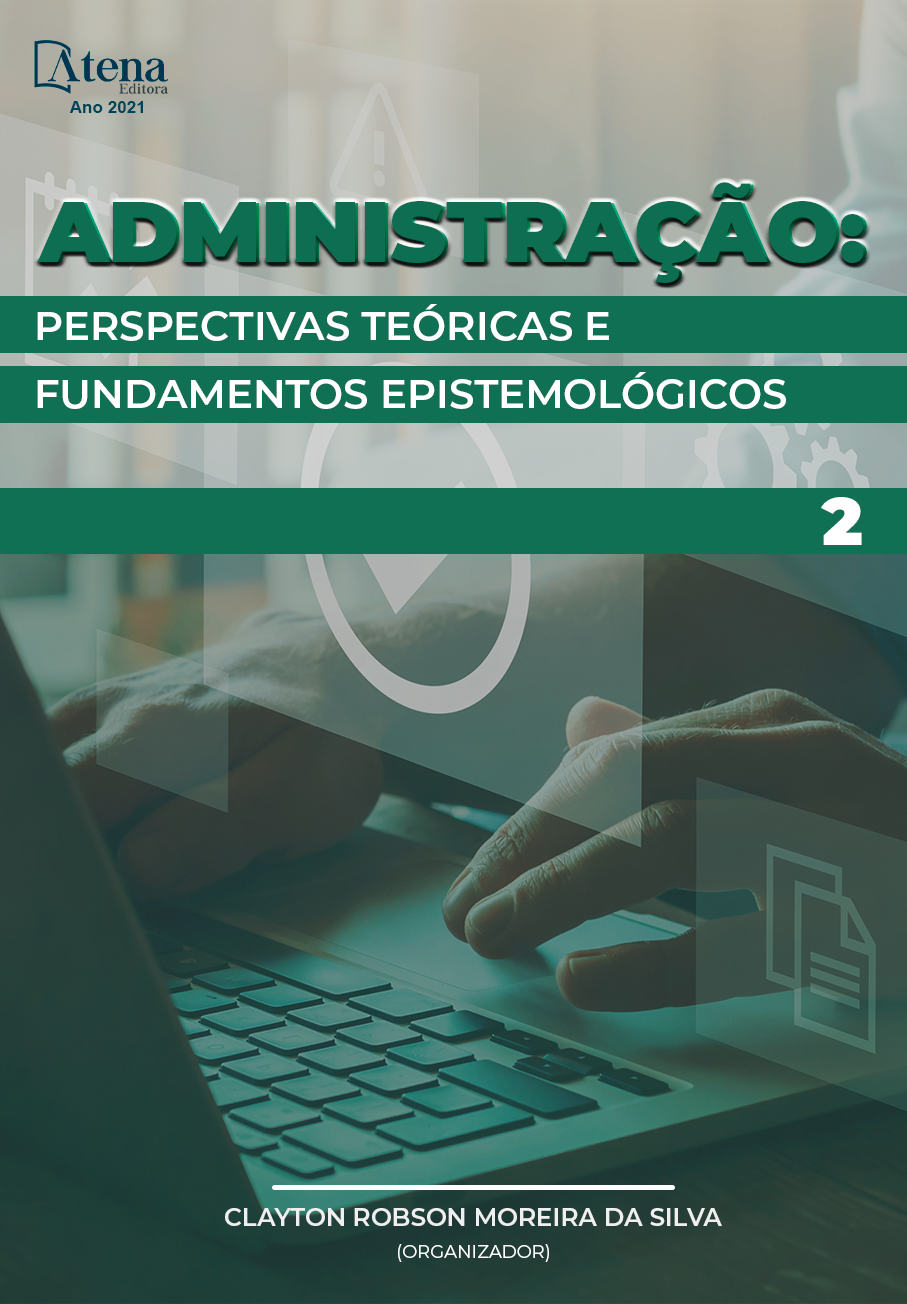
RASTREABILIDADE NO AGRONEGÓCIO BRASILEIRO DA MAÇÃ: COMPETIVIDADE E ORIENTAÇÃO PARA O MERCADO
Este artigo buscou analisar a rastreabilidade da cadeia produtiva da maçã brasileira pelo viés mercadológico, diante das tendências de consumo atribuídas pelo mercado comprador nacional e internacional de alimentos. O estudo consiste em uma pesquisa cuja abordagem é descritiva exploratória. A pesquisa que se classifica com relação ao enfoque, em qualitativa. Com relação aos procedimentos consiste em um estudo de caso coletivo baseado na definição de Stake (2011). Foi possível constatar que a rastreabilidade, no caso da cadeia produtiva da maçã brasileira, estabelece à condição necessária para atender o mercado de consumo internacional e redes varejistas do país, no entanto, o preço pago pelo mercado comprador de uma fruta rastreada não difere de outra que não possui este requisito. Portanto, conclui-se, com este estudo, que dentre as tendências de consumo de alimentos, pode-se aferir a rastreabilidade como uma ferramenta de referência aos aspectos relacionados à qualidade e segurança alimentar, o que resulta as organizações do agronegócio maior competitividade ao setor.
RASTREABILIDADE NO AGRONEGÓCIO BRASILEIRO DA MAÇÃ: COMPETIVIDADE E ORIENTAÇÃO PARA O MERCADO
-
DOI: 10.22533/at.ed.79121280614
-
Palavras-chave: Cadeias produtivas. Pomicultura. Mercados sustentáveis
-
Keywords: Productive chains. Apple growing. Sustainalbe markets
-
Abstract:
This article sought to analyze the traceability of the Brazilian apple production chain through the market bias, before the consumption trends assigned by the national and international food buying markets. The study consists of a research whose approach is descriptive and exploratory. In relation to the focus, the research is classified as qualitative. Regarding the procedures, it consists of a collective case study based on Stake’s (2011) definition. It was possible to determine that traceability, in the case of the Brazilian apple productive chain, establishes necessary condition to meet the international consumer market and the retail chains of the country; however, the price paid by the buying market for a traced fruit is not different from other fruit that does not have this criterion. Therefore, it is concluded, with this study, that, among the food consumption trends, it is possible to assess the traceability as a reference tool to the aspects related to food quality and safety, what results in more competitiveness in this sector to the agribusiness organizations.
-
Número de páginas: 20
- César Augustus Winck
- Miguelangelo Gianezini
- Andressa Morgan


